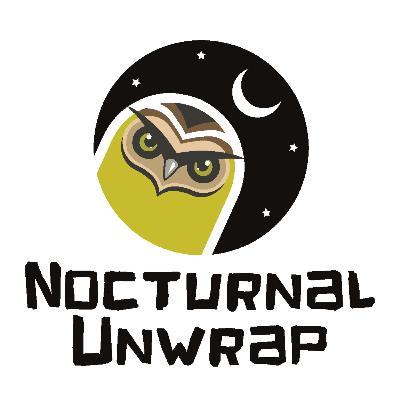#4: Breaking down the biggest monopoly of all with Eswee Bothma
Description
Joining me today is a good friend, former academic mentor, and equity analyst at a Johannesburg-based investment firm. Eswee Bothma holds an honours degree in Investment Management from the University of Stellenbosch.
We discuss the structure of the contemporary economy, with particular focus on the banking system and the role of money within it. What is money, exactly? And how does its value accrue? Eswee has an interesting answer to these questions, which help lead him onto some of the different interpretations from different economic schools of thought. He then calls to question the monopoly on the supply of money that governments currently enjoy. He argues that the reason monopolies are so dangerous is because - due to lack of competition - we are at their absolute mercy. The biggest, and perhaps most dangerous monopoly of all, Eswee argues, being that of the government's stronghold on the money supply. "It has the defects of all other monopolies", he says. Inflating and deflating currency supply at will, has wreaked havoc around the world. Why then have we put up with it for so long?
Eswee goes on to suggest that the increased demand for cryptocurrencies is a revolt against this monopoly. A silent revolution, if you will. The markets have headed the call and come up with a ubiquitous money system, uncontrollable by any central authority, and threatening to the power currently enjoyed by governments around the world. Eswee's Austrian economic influences are evident, frequently citing Hayek, Mises and Rothbard to help support his points.
He juxtaposes the Austrian economic views with the more famous (or infamous) Keynesian and Monetarist ones, arguing that the crucial difference with the Austrian school of thought, is that it arrogates no role at all - in the setting of lending and borrowing rates - to central banks! So, according to Eswee, it is not that the central banks are setting the wrong interest rates, but that they shouldn't be in the business of setting interest rates at all! A mind-boggling idea indeed.
We explore what a world without such a monopoly would look like, and why, imperfect though the alternatives may be, the world would be a better place without it.






